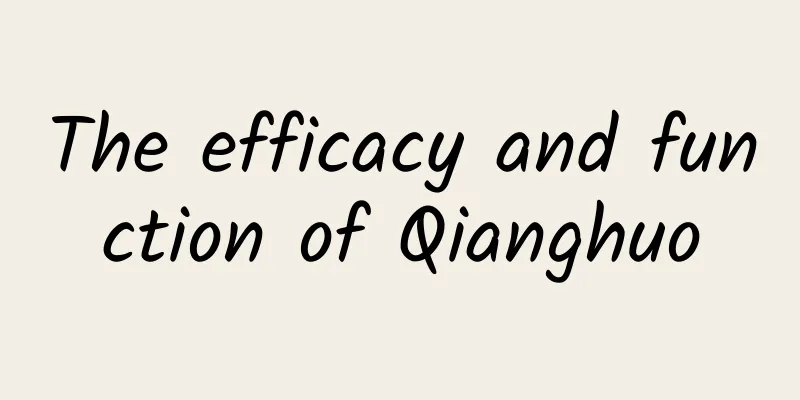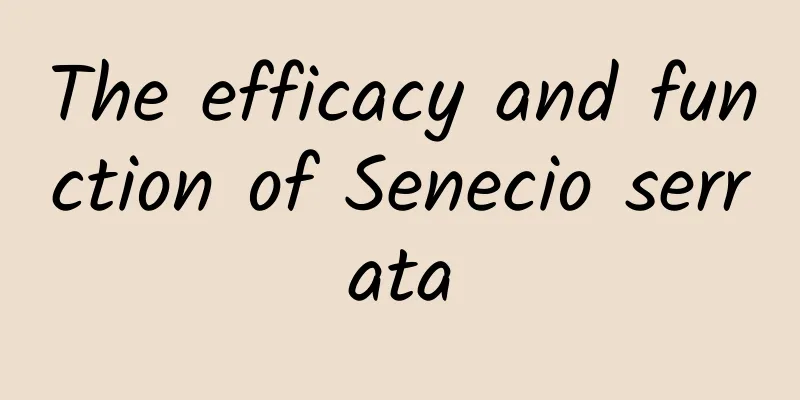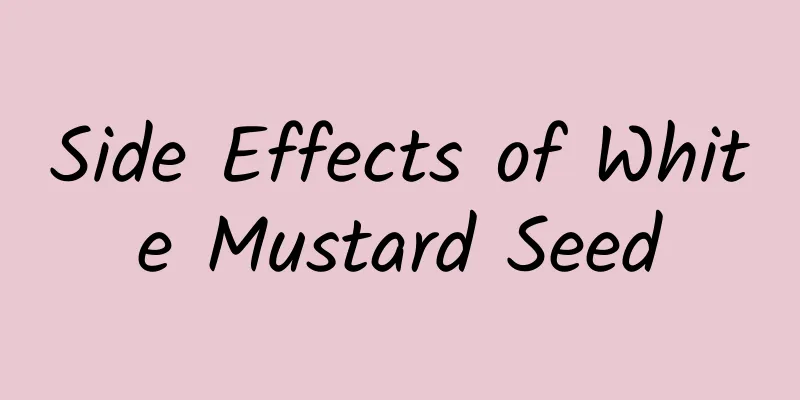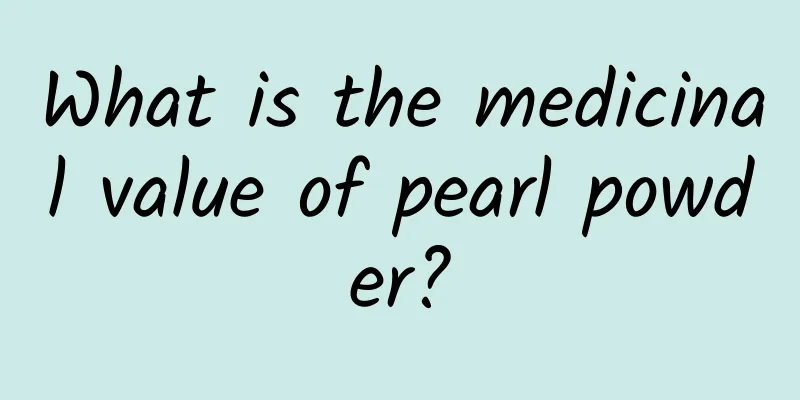The efficacy and function of Tung Leaf Stephania

|
Most Chinese medicinal materials have good effects on the treatment of diseases, such as the Paulownia affine vine. Below we will give a basic introduction to the relevant information of the Paulownia affine vine. 【English name】 Root of Hernandialeaf Stephania [Alias] Hairy Stephania. [Source] Medicinal material source: It is the root of Stephania tetrandra of the genus Stephania of the family Menispermaceae. [Original form] A perennial herbaceous vine with old stems that are slightly woody. The taproot is not tuberous and not fleshy. When the stems and branches lie on the ground, adventitious roots grow on the nodes, which are hairy. Leaves are alternate; petiole is 3-7cm long, peltate; leaf blade is triangular-shaped, nearly round or nearly triangular, 4-15cm long, 4-14cm wide, obtuse at apex, with a small cusp or sometimes a short cusp, base rounded or nearly truncate, glabrous or nearly glabrous above, tufted with pinkish-white hairs below; 9-12 palmate veins, main vein and reticulate veins above are both raised, more obvious below, papery. Flowers are small, unisexual, dioecious; compound cymes, solitary on short branches in leaf axils; peduncle 1.5-5.45cm long, with 2 or 3 umbel branches, multiple cymes densely packed in head shape at the top of terminal branches, small cyme peduncles and pedicels are extremely short; male flowers: sepals 6 or 8, arranged in 2 whorls, obovate needle-shaped or narrowly elliptic, 1.1-1.5mm long, yellow-green, with short hairs; petals 3 or 4, broadly obovate or nearly round, 0.5-0.7mm long, slightly fleshy, glabrous, polyspermatorrhiza sempervivum about 1mm long; female flowers: sepals 3 or 4, narrowly elliptic or oblanceolate, 1.1-1.5mm long, petals 3 or 4, broadly obovate or nearly round, 0.5-0.7mm long; carpel 1, nearly ovate. The drupe is obovate and nearly spherical, with an endocarp 5-6mm long, 4 rows of columnar carvings on the back, a head-shaped tip, about 10 fruits in each row, and a perforated placenta. The flowering period is from April to June, and the fruiting period is from August to November. [Habitat distribution] Ecological environment: grows in sparse forests, thickets or rocky mountains. [Chemical composition] The root of Stephania tungii contains hernandolino, delavaine, hernandoline, hernandifoline and epistephanine. The above-ground parts contain hernandine. In addition, it also contains magnoflorine, isotrilobine, aristololactam, allantoin, β-sitosterol, stephasubine, and dextrorotatory 3', 4'-dihydrostephasubine [3', 4'-dihydrostephasubine]. 【Nature and flavor】 Pungent; bitter; cold 【Meridian】 Lung; stomach; large intestine; bladder 【Functions and indications】 Clears away heat and detoxifies; eliminates rheumatism; relieves pain. It is used to treat carbuncle, furuncle, sore throat, mumps, rheumatism, dysentery, headache, stomachache, pain caused by overwork. [Usage and Dosage] For oral use: decocted in water, 3-6g. For external use: take appropriate amount, grind into powder and apply for external application, or decoct in water and use for washing externally. [Discussions by various scholars] "Xinhua Compendium of Materia Medica": It has the functions of clearing away heat and detoxifying, dispelling wind and dampness, and promoting blood circulation and activating collaterals. It is used for rheumatoid arthritis, carbuncles, boils, heatstroke, dysentery, mumps, pharyngitis and stomatitis, etc. The roots and leaves can also kill insects. Used externally to relieve pain and treat rheumatism, paralysis, etc. 【Excerpt】 Chinese Materia Medica After the above introduction to the Paulownia chinensis, we have a detailed understanding of the Paulownia chinensis. In life, we can learn more about the characteristics of Stephania tetrandra and make full use of its medicinal value to serve our lives. |
<<: The efficacy and function of copper-footed clematis
>>: The efficacy and function of Tongquancao
Recommend
What are the medicinal values of Achyranthes bidentata
Most people don’t know about Niu Teng. Niu Xi is ...
Prunella vulgaris can treat breast hyperplasia
Many people have heard of the medicine Prunella V...
The boat went up the elevated road! Netizen: It didn't shake, but my legs were weak...
In the mountains A bridge across it A ship loaded...
I will never forget this day!
July 7, 2022 It is the 85th anniversary of the Ju...
Scientists have discovered a water world 100 light years away. Are there any human friends there?
A group of scientists recently discovered a new e...
Does Aconite enhance male sexual function?
I see many friends asking, "Can aconite stre...
The efficacy and function of dragon tongue arrow [picture]
Dragon tongue arrow [picture] can not only supple...
Breaking news: Spacewalks on the International Space Station were completely halted. The reason was that the space suit helmet was leaking?
According to media reports, on August 5, an astro...
To prevent the power strip from "getting angry", you should do this...
recently A fire broke out in a resident's hom...
Are meteorological proverbs reliable? Is there any scientific basis for predicting the weather by looking at the clouds?
Author: Science History Commentary Wu Jingping Wh...
The efficacy and function of Gouer Tea
Everyone is familiar with the Gouling Gourd Tea, ...
What is the medicinal value of rush
Rush is a very common green plant, generally grow...
Side effects and contraindications of money grass
Moneywort has different views in the eyes of diff...
The efficacy and function of Pedicularis sphenanthera
In daily life, we can often see the figure of Ped...









